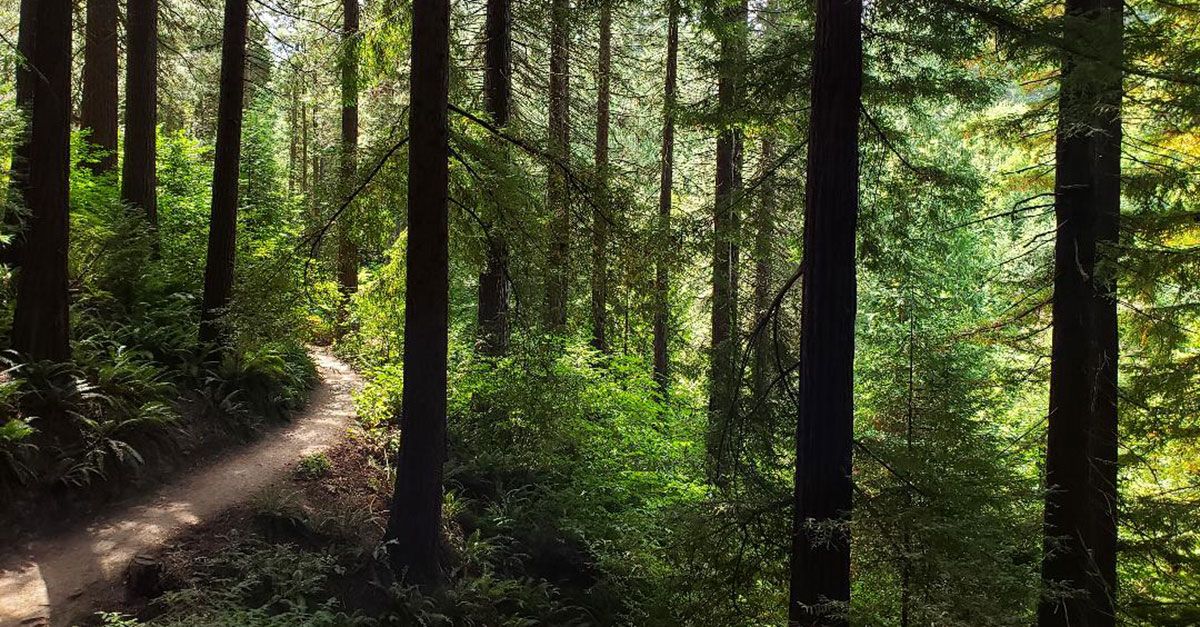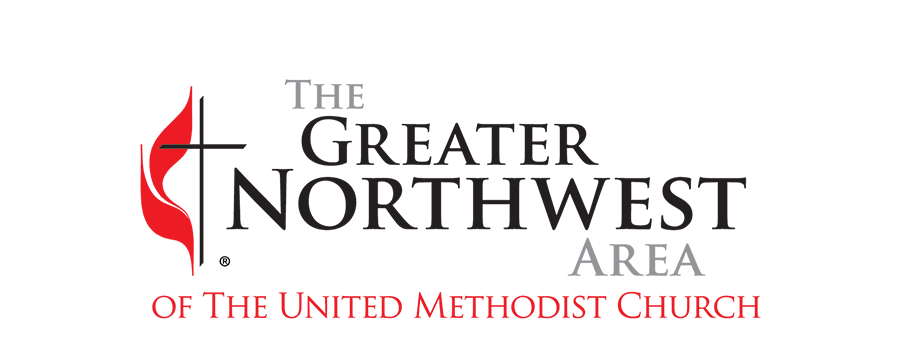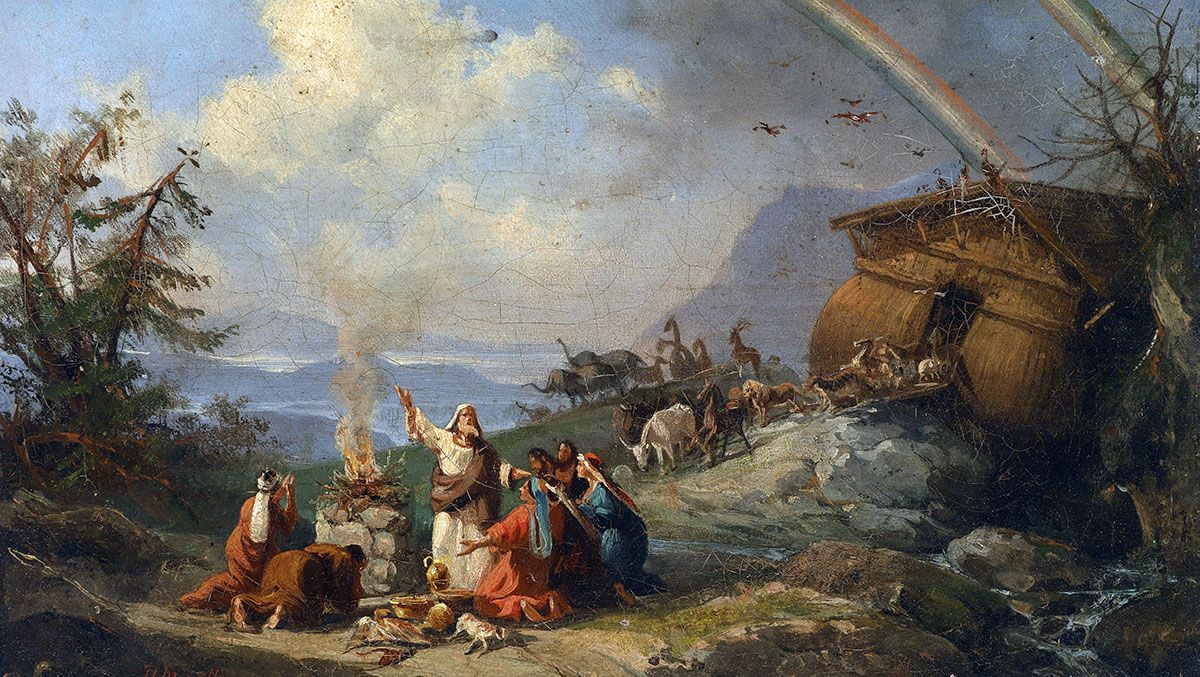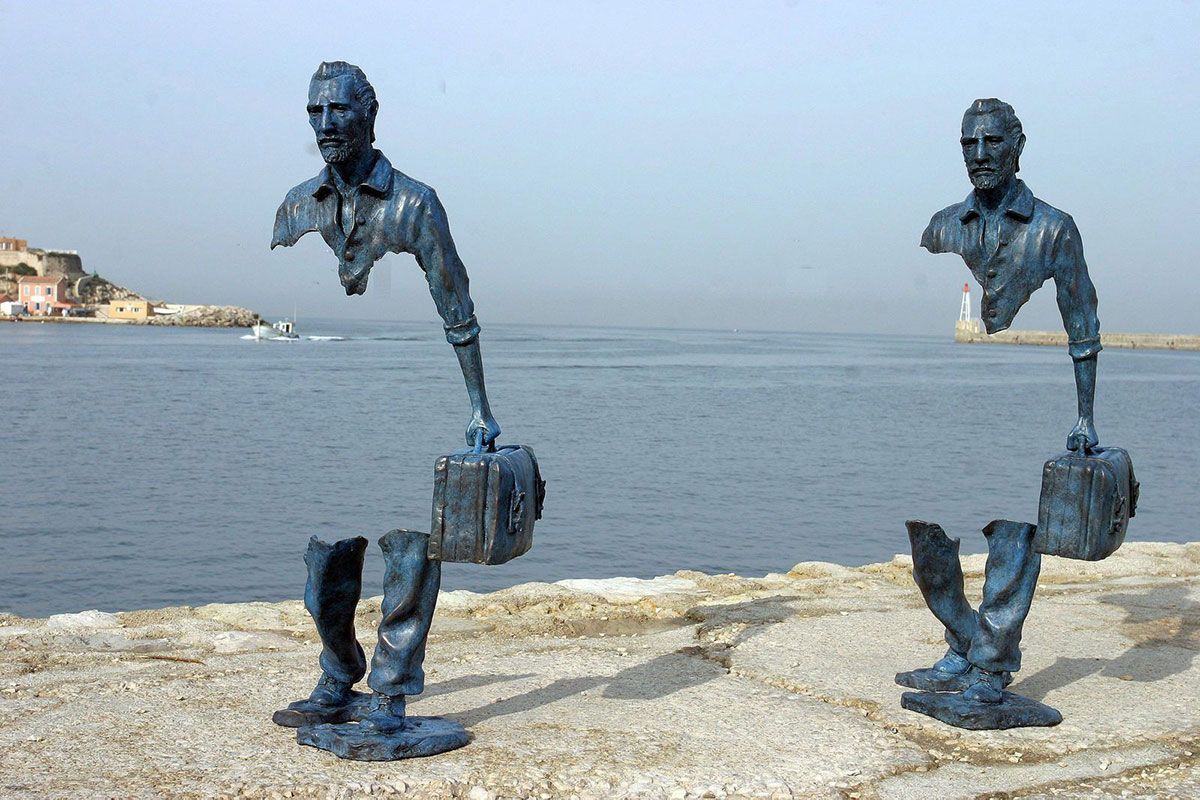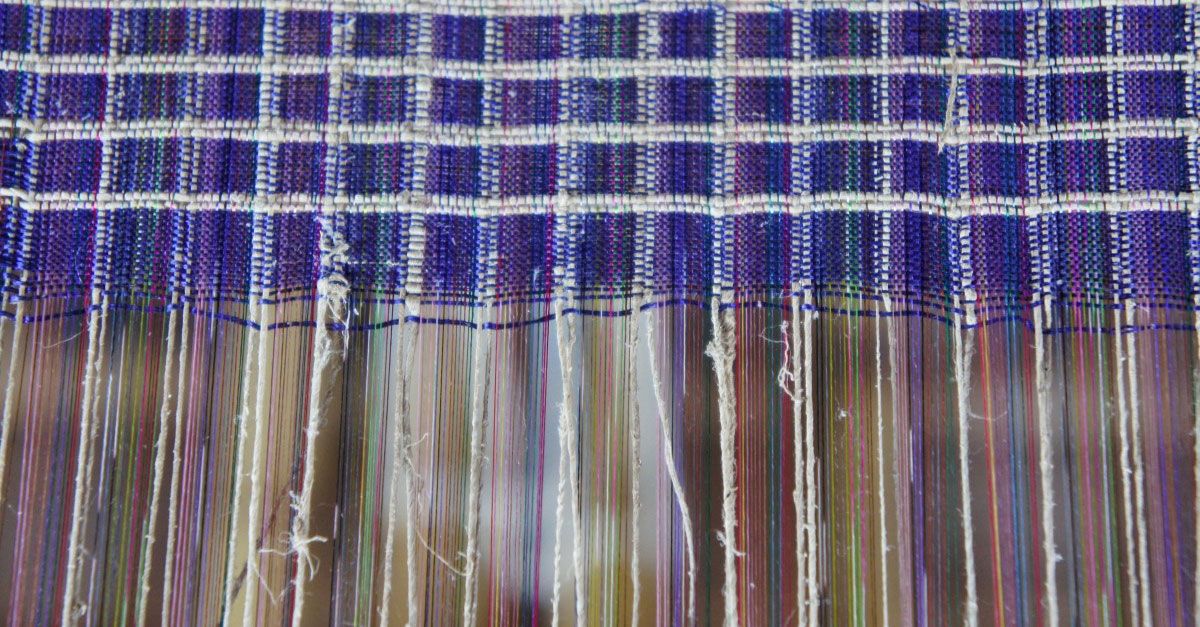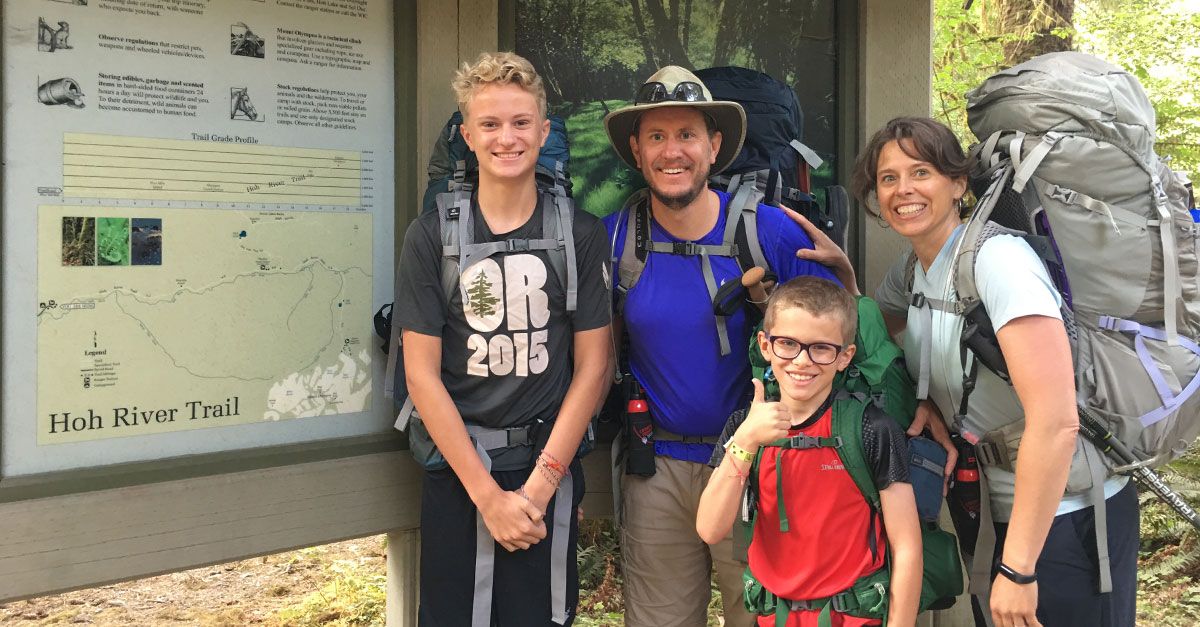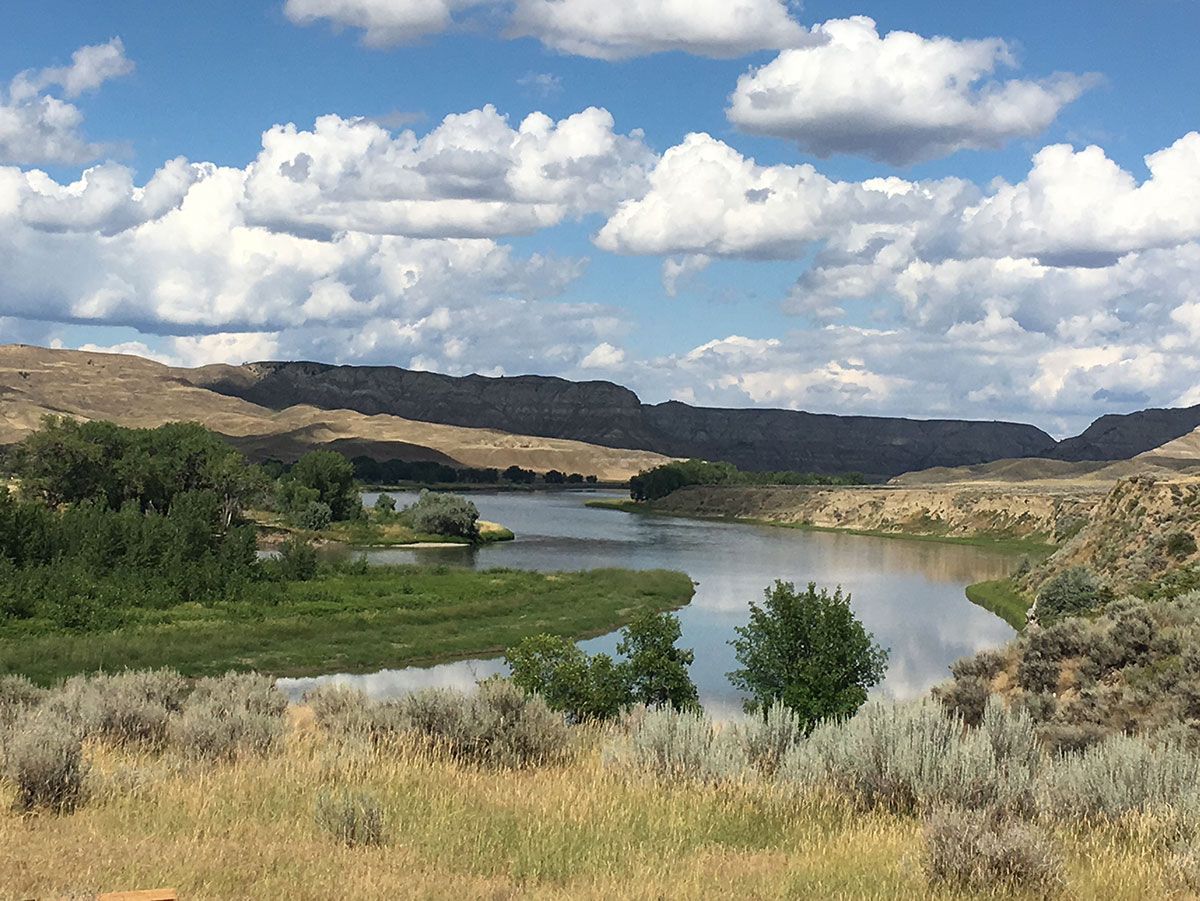Rivalry or Reconciliation
CrossOver reflection for Week 47 • Beginning October 27, 2019
We Make the Road by Walking, Chapter 8
Nancy Tam Davis
Chapter 8 of Brian McLaren’s book We Make the Road by Walking addresses the choice of rivalry or reconciliation. When faced with a loss, or even the fear of loss, we make a choice. Sometimes that choice is conscious; often, it is not. The loss can be something I would consider trivial, like losing a game of checkers. Other losses can be life-threatening. What is a substantial loss for me may be insignificant to you. The issue is that we reach a point of choice, a decision to enter into rivalry, or we find a way to reconcile the loss.
I am reminded of a visit to an aquarium many years ago. I was wandering through a cool, dark, cave-like hallway displaying various sea creatures in dimly lit, glass windows. In one such tank lived the longfish. This tiny fish was about 2 inches long and ¼ of an inch at its widest point. Each fish lived in one of the many parallel trenches on the bottom. It looked as if a careful gardener had passed a fine rake across the bottom of the tank. Only one fish occupied each trench. Each one waited patiently until a tiny pebble rolled down the side of a trench, and the occupying fish would immediately pick the pebble up and spit it into the neighboring trench. The neighbor fish would then gather the stone and spit it back, with what I imagine to be a sense of satisfaction.
If fish could talk, I believe the dialog would be simple. “Oh no, you don’t, I don’t want your rock.” “Here, take that.” “How do you like them pebbles.” And the game went on all day. Their reason for living seemed simple. Keep your own trench clean, and don’t worry about your neighbors.
I recognize the longfish in me. The impulse I had today when a car passed too close for comfort was to let that driver know they had made a poor choice. I could teach him. Then I could return to my lane (or trench), knowing that I had once again balanced the scales. There have been times when the words of another caused pain, and quickly there arises the impulse to hurt back. That nanosecond of decision-making is almost preconscious and can initiate a chain of rivalry that destroys a relationship.
Throughout history, rivalries have not ended well. For some, it has caused irreparable divisions in families. In the worst cases, it has sparked never-ending wars until no one remembers or even cares about the igniting issue.
I also remember those times when I did stop and think about the choice ahead of me. I have both received and given the grace that moves into reconciliation. With reconciliation, we can hear one another, understand and learn from one another. The seemingly endless game of rock-spitting can be ended. I believe God calls us to all be people of grace and reconciliation. It is a choice.
Nancy Tam Davis serves as the Conference Lay Leader for the Pacific Northwest Annual Conference of The United Methodist Church.


